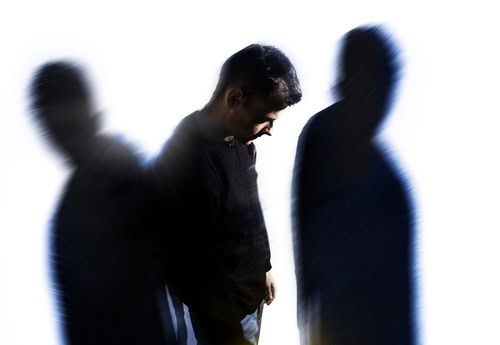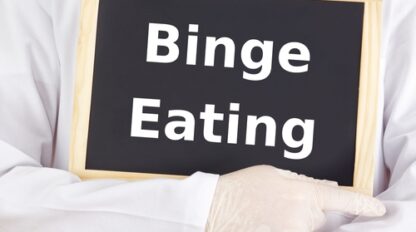The “Science” of Loneliness.

Some feelings of loneliness are innate to recovery. That includes even when you know you have family members and friends that are there for you. It’s realistically first, a single journey. Which, let’s face it, can often be a lonely proposition.
Once through recovery, however, it’s important to tune into whether or not you may have behaviors that can lead you straight into the “Science of Loneliness” where you have perfected a lonesome strategy.
Loneliness is not an exact science. In fact, it is an emotion that leaves one feeling vulnerable. We encourage you to face and confront your feelings of loneliness and ask yourself how can you improve if you are perpetuating the cycle of loneliness.
There are strategies you can put in play to make certain you are not self-sabotaging and creating loneliness:
- After recovery make it a personal challenge to reach out to people, generally, more.
- Force yourself to get out of the house and meet new people. Developing extended networks is always beneficial.
- Make a commitment with someone you love to spend time with them. Bonding will help you also feel better and lift your spirits.
Join clubs, organizations, and do some volunteering. Volunteering often puts us in contact with those trying to do right by society.
Though the initial journey of recovery can feel lonely there is no reason it has to be like that post recovery.
Don’t break social commitments if you really can attend but just don’t want to. While you don’t have to go for the entire tim getting out for an hour or two would be a refreshing break.
Make a commitment or a list of those individuals you would like to talk to on the phone weekly. Then, don’t wait for them to reach out. You reach out first instead. The conversation does not have to be extensive, initially. What’s more important is you are taking the steps to extract yourself from a state of loneliness.
Have the mindset you will succeed and apply some of the strategies you have learned in our effort to try to teach you you can combat loneliness. It’s natural to have felt lonely in recovery. But the key determinant, however, is how you proceed after your recovery. Recovery doesn’t have to be lonely, either. All you need to do is to reach out and be the one to take the first step.
Let the O’Connor Professional Group take the guesswork out of putting a treatment plan together. Our combined personal and professional experience empowers us to empower you with a private consultation and customized plan of action for getting the help you need. Call us today for information: 617 910-3940

